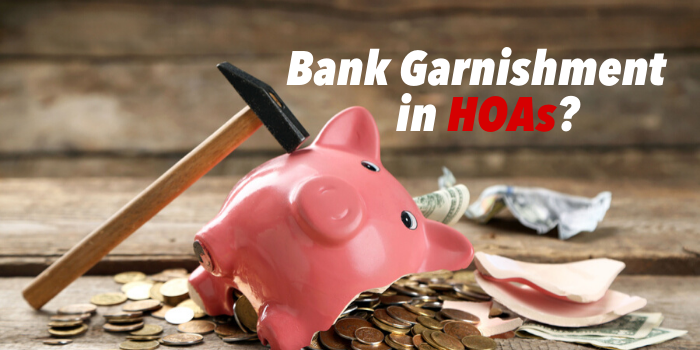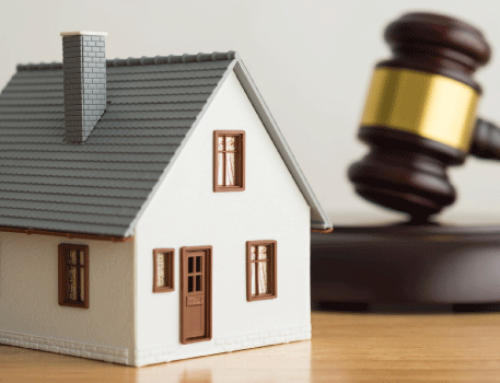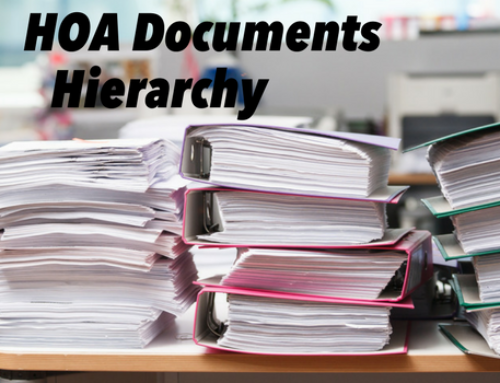If you live in a planned community, chances are you are a member of its homeowners’ association. Upon inception, HOA members become legally bound to pay certain assessments, which help maintain the shared areas and amenities and contribute to the general upkeep of the community.
Should you fail to pay the required assessments to the HOA in a timely manner, you may wonder what to expect. Here’s a look at some of the actions the association may take in order to obtain your owed payments:
Late Fees and Interest
You can almost certainly expect increased fees and interest on any unpaid HOA assessments. The longer the amount goes unpaid, the greater the debt will become. Charging interest is an effective practice in encouraging timely payments and avoiding recurrent delinquencies.
Revoked Privileges
Because your contributions go toward maintaining amenities such as swimming pools, tennis courts, and gyms, your association’s bylaws may prohibit you from using them until you get caught up with your payments.
Lawsuits
The HOA may bring a suit against you in hopes that a civil judge will rule in their favor and order that the owed assessments be paid in full.
Garnishment
If, despite a judicial order, repayment is still not made, the HOA may choose to garnish your wages. To do this, a petition made to the judge must be granted. Then, the HOA can present an order of garnishment to your employer, who is then required by law to set aside a percentage of your wages for the association until the debt is fully absolved.
Freezing Accounts
Similarly, a petition can be granted to freeze your bank account; then the HOA can take money from it to equal the unpaid assessments, as well as any damages awarded them by the judge.
Liens
Generally, the HOA has a right to a lien on your property. Depending on the CC&Rs, the lien may automatically attach to the home. Depending on state laws, the HOA may then be required to record a Notice of Lien at the county recorders’ office to validate the lien. Liens tend to make both lenders and potential buyers hesitant when attempting to sell or refinance.
Foreclosure
If the HOA believes that you don’t have the funds in your bank account, or through your employment, they may choose to foreclose the lien and sell your home to pay off the debt owed. Some state laws prohibit foreclosure until a determined number of months pass or amount of money becomes due.
Related: Capital Contributions for HOA’s
When faced with wage garnishment, liens, and a potential foreclosure, it’s important to know what actions you can take to protect and retain your property. Requesting a meeting with your HOA to negotiate a payment plan or other agreeable resolution is a good start and may help to avoid these more drastic consequences. If an agreement cannot be made, you may consider legal counsel to discuss your options.







